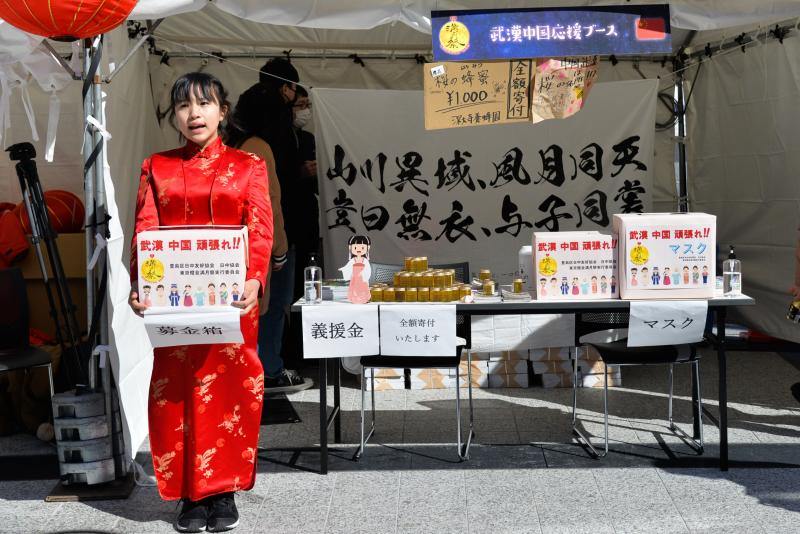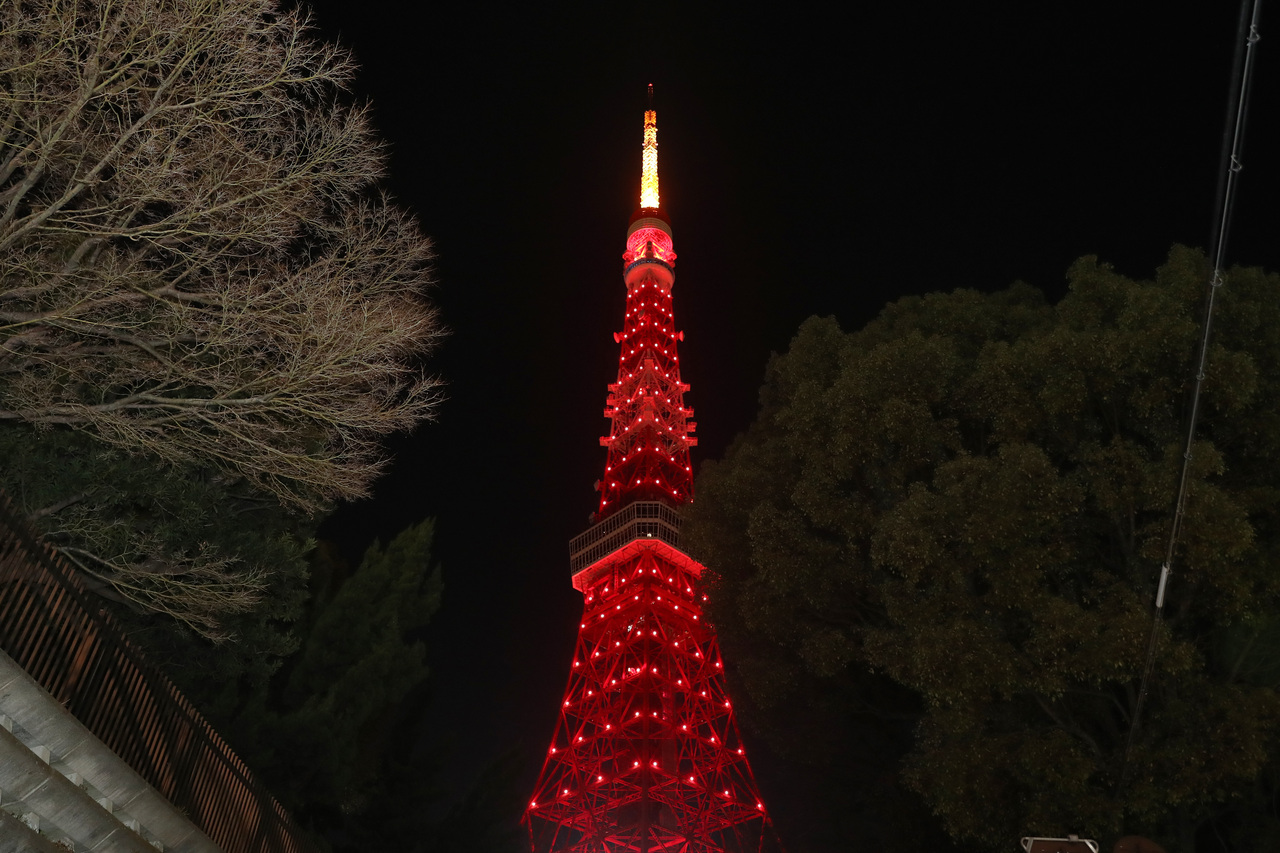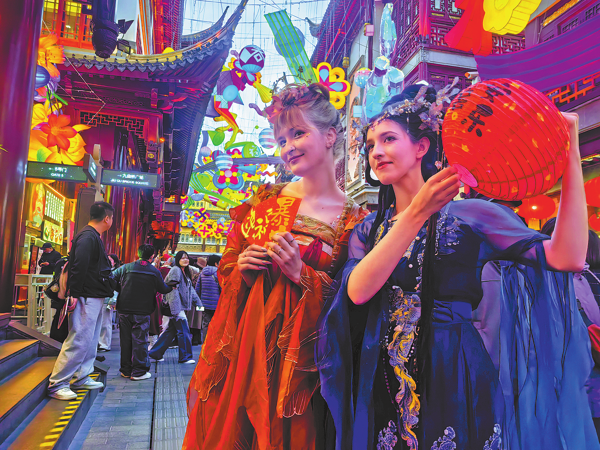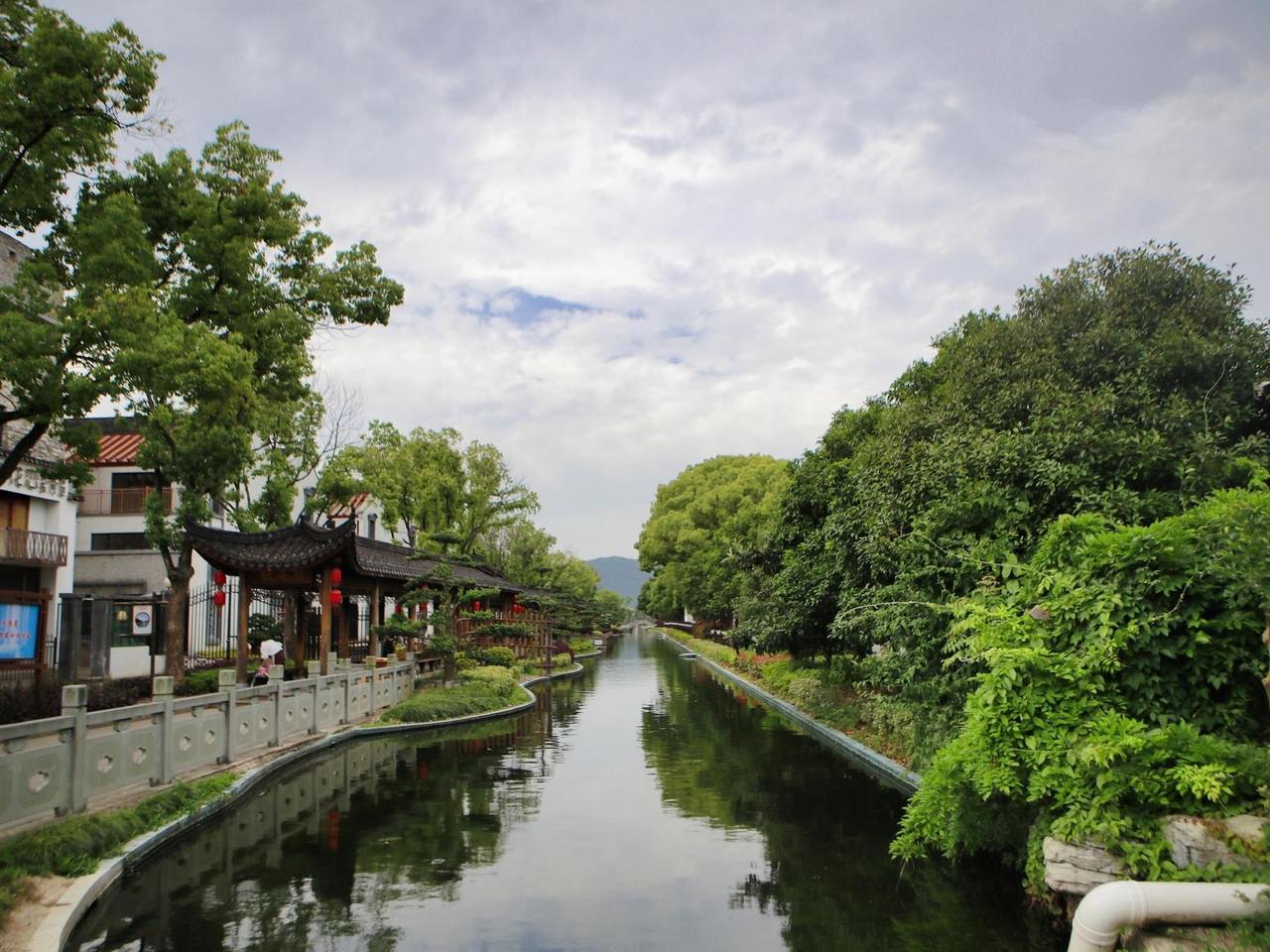The Chinese civilization has proudly produced numerous beautiful poems, the authors of which may have never imagined how much positive energy these graceful words would bring to people living in modern times and struggling to win battles against the caprices of Nature, as has been vividly illustrated by the love and support sent from across the sea by the Japanese people.
Encapsulated in the messages written on the cartons of medical supplies sent to Wuhan is a love as mighty and eternal as the universe itself.

On some cartons was printed 山川异域, 风月同天 (One translation reads “Lands apart, sky shared”. Another reads “The destiny will finally bring us together, because we share the same sky”). This is part of a poem penned by Prince Nagaya of Japan in the 8th century. The prince had the poem embroidered on 1,000 Buddhist kasaya robes as gifts to China. The Japanese prince’s poem is in , the largest existing collection of Tang poetry which was put together in the Qing Dynasty (1644-1911). Another message is岂曰无衣, 与子同裳 (One translation reads “Fear not the want of armor, for mine is also yours to wear”), a quotation from , the most ancient Chinese poetry collection edited by Confucius (551-479BC) more than 2,500 years ago.
The love without borders, conveyed in these messages, cheered up all Chinese people not only in the sense of medical support but through the beauty and power of humanism that forever glorifies the China-Japan bond.

These two messages and many others have gone viral on all social media platforms in China and moved Chinese people in such a painfully critical time.
Behind one of these messages is a lesser-known story about how Prince Nagaya had inspired Monk Jianzhen (688-763), who in the Tang Dynasty (618-907) braved all the hardships to make his eastward voyages to Japan. He succeeded on the sixth attempt. His sitting statue is still enshrined and worshipped in Toshodai-ji Temple, Nara.
In the Tang times of China, many Japanese including diplomatic envoys to China, students and monks came to Chang'an, an international capital city. Many of these special envoys, determined to come to China to learn from the country’s well-established disciplines of Buddhism, drowned on the sea-crossing voyages. The lucky ones included two monks who eventually landed in Yangzhou, where they met with Jianzhen and talked about possibilities of the latter preaching Buddhism in Japan.

岂曰无衣, 与子同裳, or “Fear not the want of armor, for mine is also yours to wear” in English, is from , under the title “” (meaning “having no armors to wear”). The verse was created by the King of Qin after he heard the weeping of an envoy sent by the Chu State. “You are not fighting alone!” The king wrote a heartwarming poem to boost the morale of the Chu troops who had by that time had lost the capital city to their rivals. The Chu State eventually turned the tables.
The Chinese culture plays a pivotal part in the evolution of Japanese culture, as is fully demonstrated in almost all aspects of the life of the Japanese people.
Classical Chinese poetry has far-reaching impact on the literary tradition of Japan, and spawned beautiful communication between Chinese poetry masters, such as Li Bai (701-762), and their counterparts in Japan. The Japanese are such big fans of the literary magic of Chinese characters that what have long been forgotten by modern Chinese people is still cherished and used by the Japanese today. In this sense, it is no exaggeration to say that in modern times the dazzling glamour and profundity of ancient Chinese is more celebrated in Japan than in its birthplace. A case in point is the many ways ancient Chinese is used in the Japanese language, either in everyday life of commoners or in the literary world. It is easy to notice that many literarily beautiful expressions in the Japanese language are invented by Chinese men of letters and master monks in ancient times, but are rarely seen in modern Chinese literary world.

Take “一期一会” for example. Widely used among Japanese, it is the Japanese way of saying “once in a lifetime”. The phrase also suggests a strong “Zen” feel. Another example多岐亡羊, (literarily, you don’t know which way to go to find a lost sheep at a crossroads), is an idiom created from a story in to warn the hazard of having too many options to know which one to take.
All these charming idioms and phrases are shining like stars in the sky of modern Japanese culture, reminding today’s Chinese people of the immeasurable charisma of ancient Chinese literature and classics.





